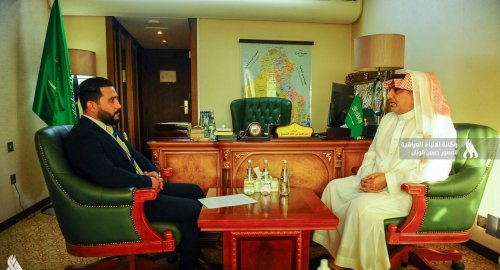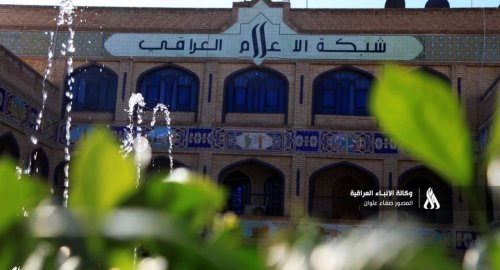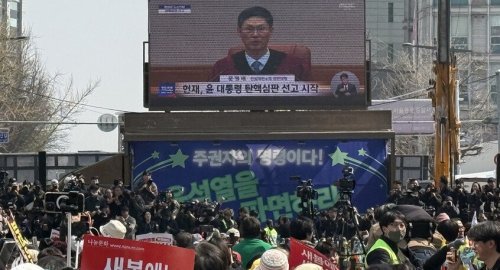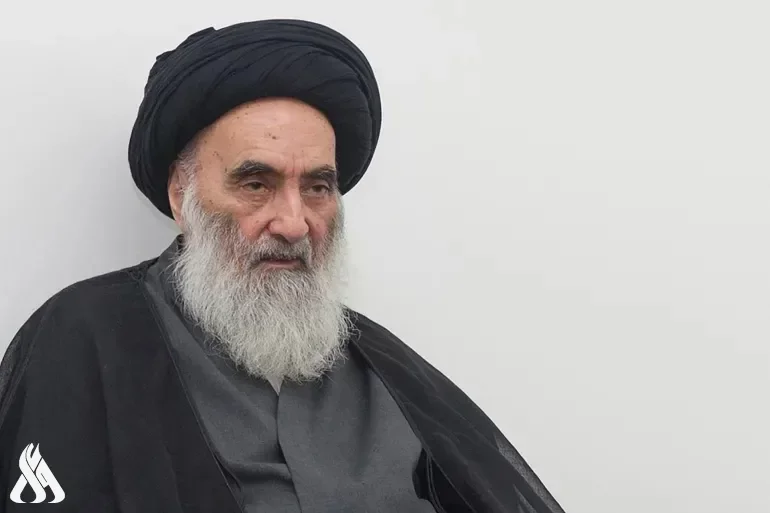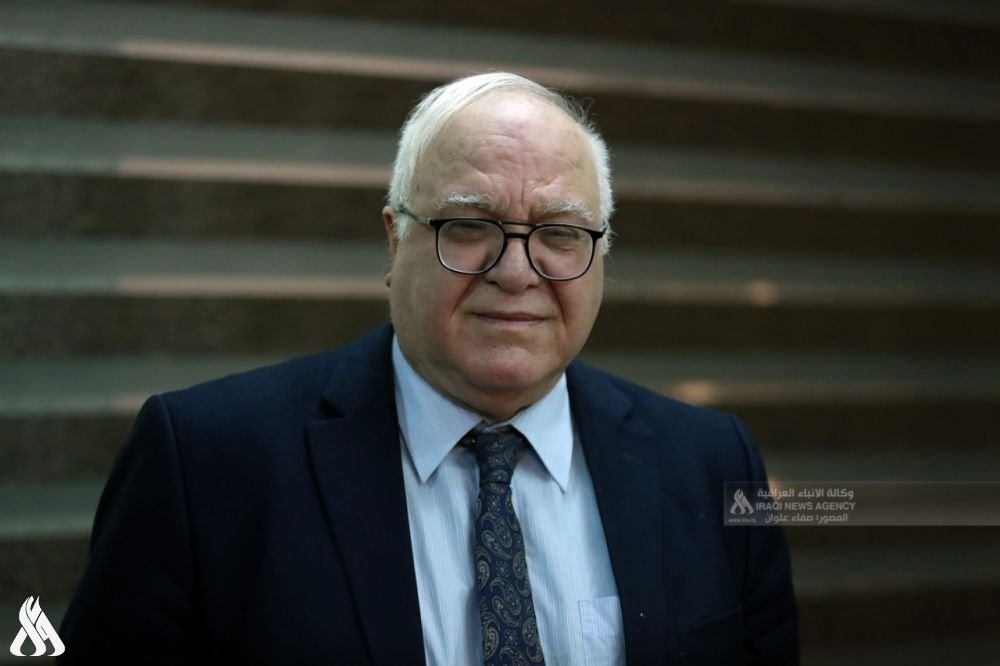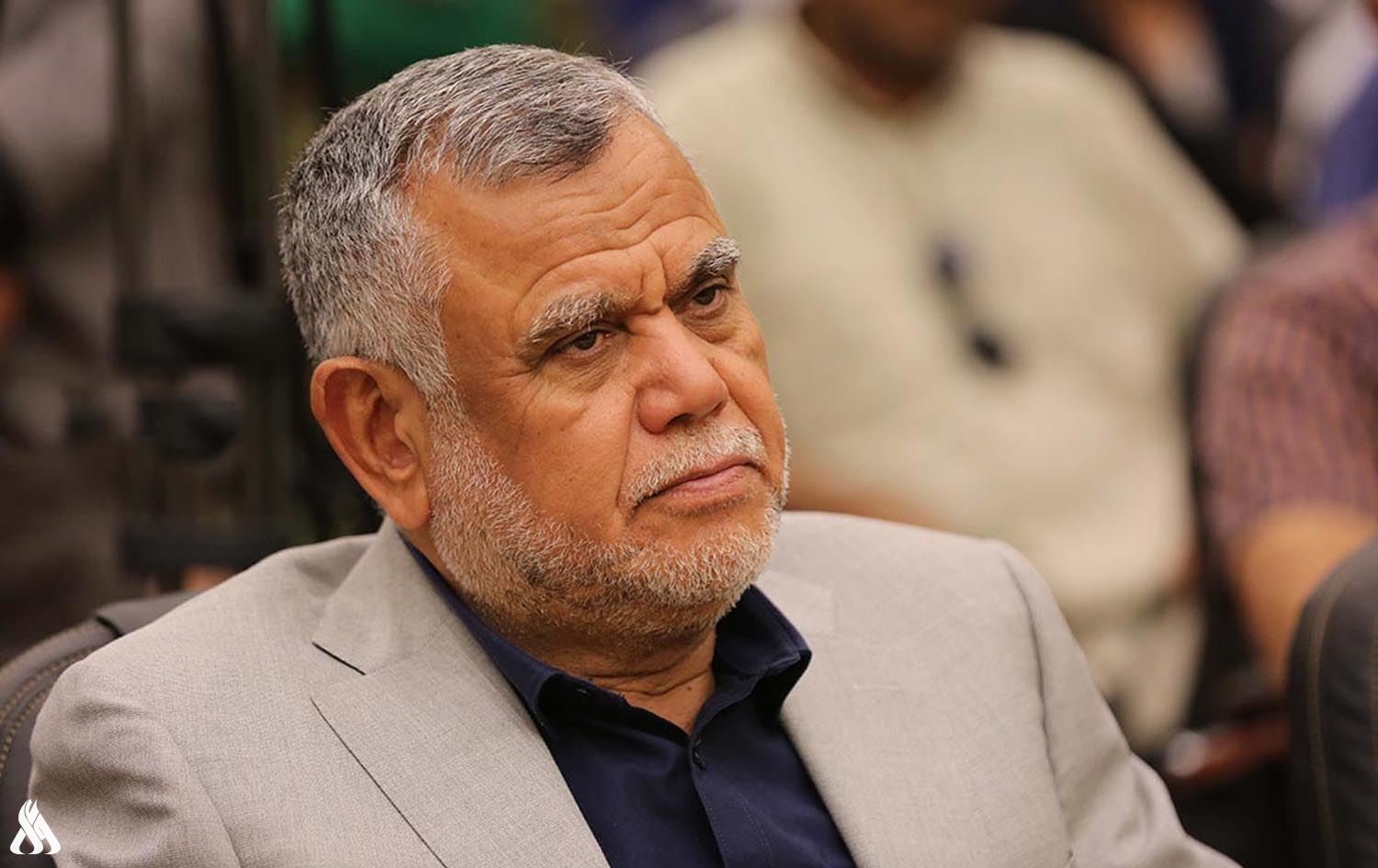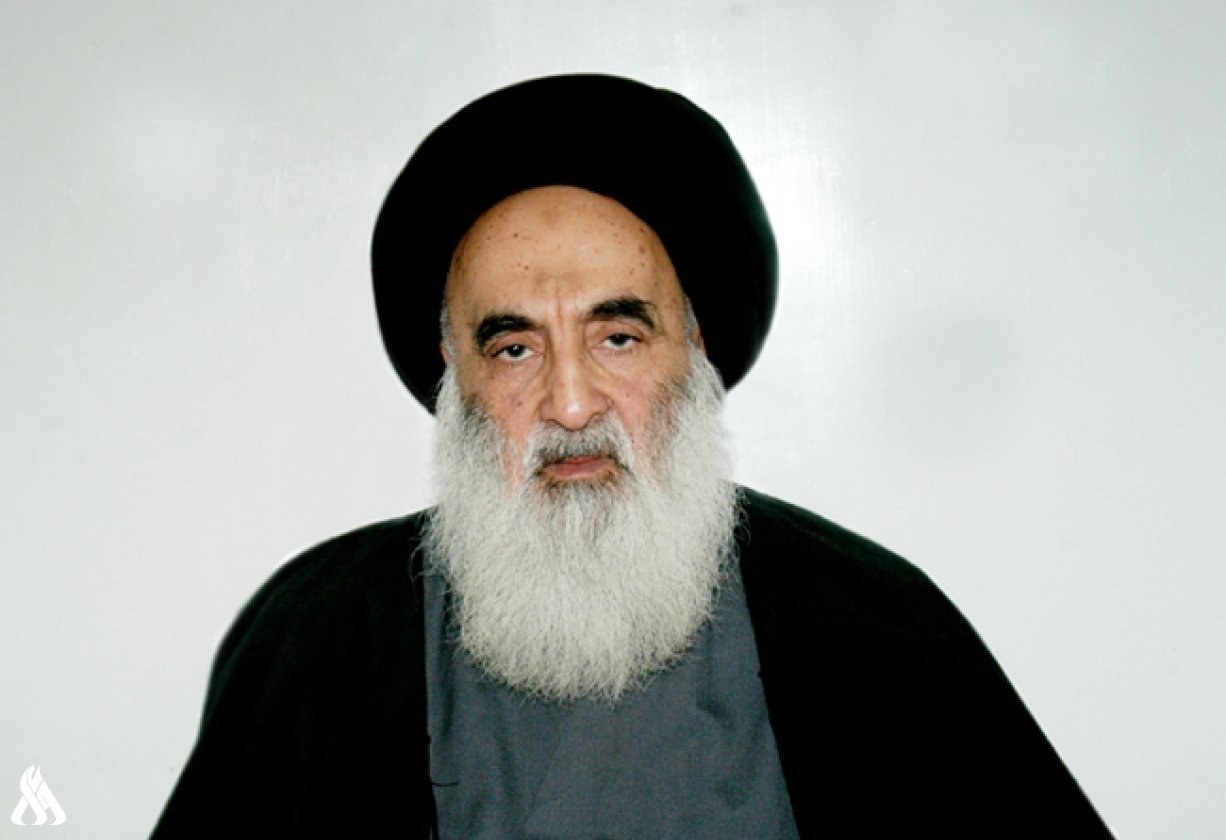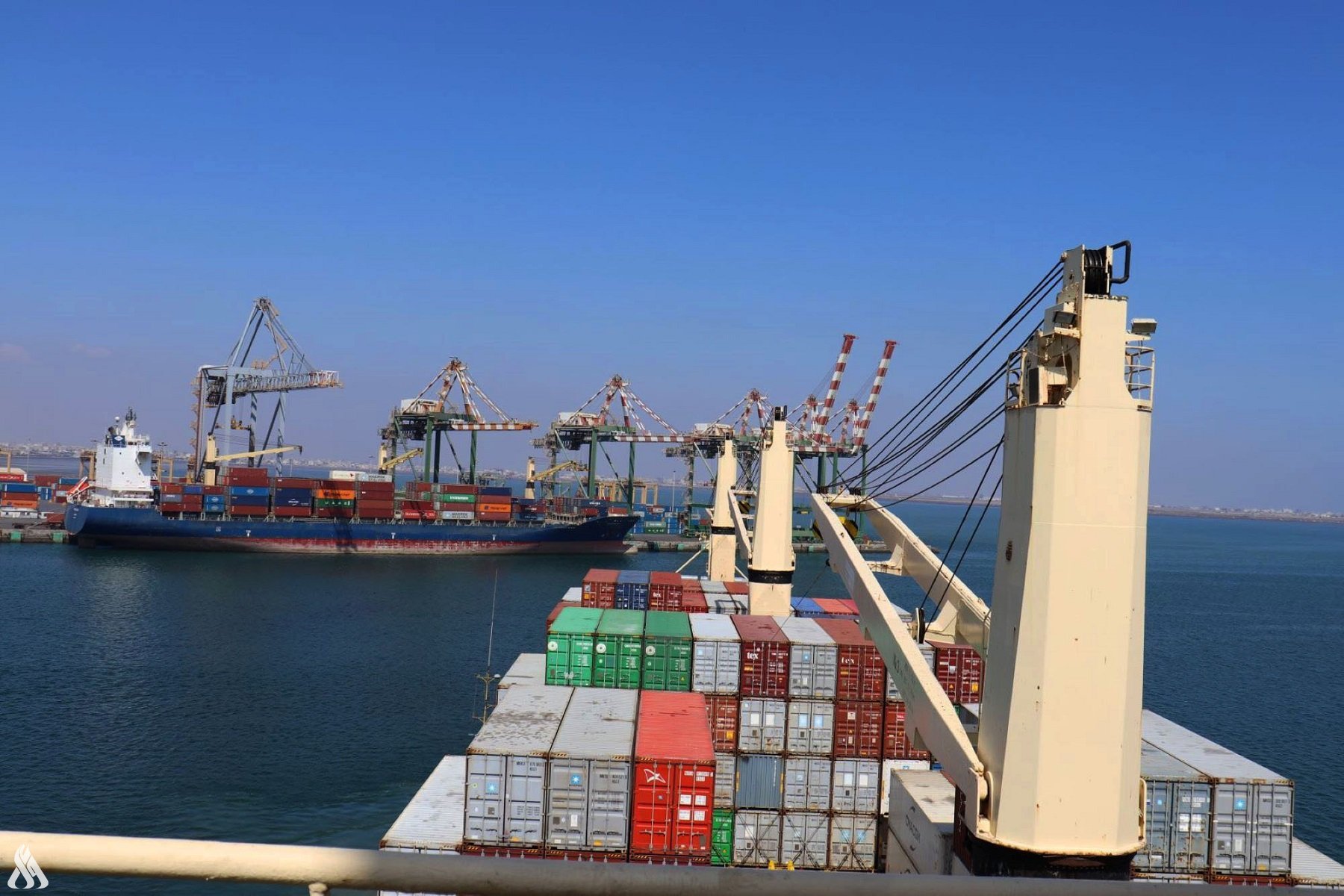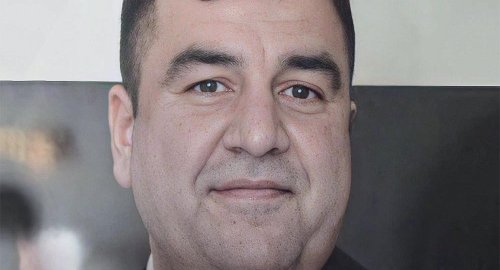
Siemens: We seek to duplicate the experience of Egypt in Iraq, and we are working to maintain power plants before the summer

- 14-03-2022, 00:00
Baghdad-INA
The Siemens Energy Company in Iraq confirmed its quest to duplicate Egypt's experience in the field of electric power in Iraq, and while it announced its strategic plans in Iraq, it indicated that it is working with the Ministry of Electricity to maintain power stations before the summer of 2022.
The Executive Director of the company, Muhanad Al-Saffar, said in an interview with the Iraqi News Agency (INA), that "the Ministry of Electricity is working to increase power generation capacities in Iraq before prime time in summer 2022, and it expects to exceed the capabilities of last year," He stressed that "the demand for energy in the summer is still higher than the current production by about 30%."
Power plant maintenance
He added, "Siemens Energy supports the Iraqi Ministry of Electricity in order to complete all maintenance work for power plants in the country before the summer 2022, with the aim of maximizing the utilization of the capabilities of current power plants," noting that "Siemens Energy is also installing cooling systems that will improve the performance of Power plants in the areas of Rumaila, Sadr and Kirkuk, which will add about 790 additional megawatts to the national electricity network in Iraq.
In addition, Siemens Energy is implementing two projects to construct two 400-kV substations in Anbar and Mosul, and 13 substations with 132 kV distributed over central and southern Iraq, which will enhance network stability and improve energy access.
Iraq road map
On Siemens’ plans in Iraq, Al-Saffar explained that “the (Iraq roadmap) prepared by Siemens Energy is a comprehensive development plan specifically for developing the energy infrastructure, education, combating corruption and financing in Iraq,” noting that it “is more than just a plan to establish infrastructure for the Iraqi energy sector, but it is related to the value of life and a better future for the people of Iraq, and that Iraq needs a reliable and strong partner to implement the desired transformation plan."
He pointed out that "Siemens Energy has so far been able to implement the first phase of the (Iraq roadmap) in cooperation with the Ministry of Electricity, and now we are holding talks with the Iraqi government to start the second phase in order to improve generation capacities, especially in the south and north," adding, " He added, "The second and third phases of the road map will focus on stabilizing and strengthening the national electricity network, through the establishment of a number of additional substations, according to the detailed study for this, as Siemens Energy is expected to implement these two phases in cooperation with the Iraqi Ministry of Electricity, and the additional substations are expected to improving electricity rates for homes, businesses, and public services across Iraq.
Energy infrastructure damage
And regarding the percentage of damage to the energy infrastructure during the war against Daesh , Al-Saffar indicated, "The war with Daesh destroyed 1.6 gigawatts of power generation capabilities for Siemens Energy in Iraq, but we are working closely with the Ministry of Electricity to plan and rehabilitate the damaged power plants and restore electricity to Iraqis as soon as possible."
Siemens experience in Egypt
He continued: " Siemens has made a historic achievement in Egypt and can repeat that experience in Iraq. In Egypt, Siemens was able to add 14.4 gigawatts of energy to the Egyptian electricity network in just 27 and a half months, and it was also able to provide more than 24,000 direct and indirect job opportunities during Implementing this big project.
He pointed out that "in Iraq, after conducting a detailed assessment of the energy sector in the country, we reached to formulate a clear strategy for the sector, and the road map in Iraq shows that step by step," noting that "Siemens Energy will establish the energy infrastructure to deliver electricity to all over Iraq, using reliable and energy-saving technologies.
Linking with the Gulf
On the network connection of Iraq with Saudi Arabia and the Gulf, Al-Saffar pointed out that "the electrical connection between the energy networks in neighboring countries helps improve the stability and flexibility of the network, enable citizens to obtain electrical energy, reduce costs and increase competitiveness in the market," stressing that "connecting the network with markets other regional issues allow Iraq to enter the global energy market and improve energy security levels.
Renewable energy
With regard to renewable energy, Al-Saffar said, "Over the past two years, the Iraqi Ministry of Electricity has implemented an plan to generate 12.5 gigawatts of renewable energy, and this plan has already begun to enter into force by signing a contract with international companies such as Total Energies and Masdar, on the one hand, on the other hand, Siemens Energy is discussing with the Iraqi government the implementation of similar plans, to be incorporated into the second and third phases discussions with the Ministry of Electricity.
Gas investment
On the possibility of benefiting from gas from oil mines, he pointed out that "Siemens Energy proposed to the Iraqi government to generate electricity based on natural gas, which allows us to use flammable / glow gases as fuel for power stations," noting that "the project was designed with a capacity of 675 megawatts, which It will reduce carbon emissions and create economic value from natural gas that is burned in vain. This project aligns with the Iraqi government's commitment to the goals of the international community to reduce emissions."
Rehabilitation of Mosul stations
With regard to the rehabilitation of Mosul stations, Al-Saffar noted that "Siemens Energy is currently implementing a 400-kilovolt secondary station in Mosul, and it is expected to be completed within a year."
Court confirms sacking of South Korean president who declared martial law
- International
- 10:25
Trump unveils $5 million ‘gold card’ for rich migrants emblazoned with his image
- International
- 08:59
National Security Agency chief and deputy director dismissed
- International
- 08:49
Al-Sistani: Tomorrow, the 29th of Ramadan
- Local
- 25/03/29
Al-Amiri warns of any war between Iran and the US
- politics
- 25/04/01


